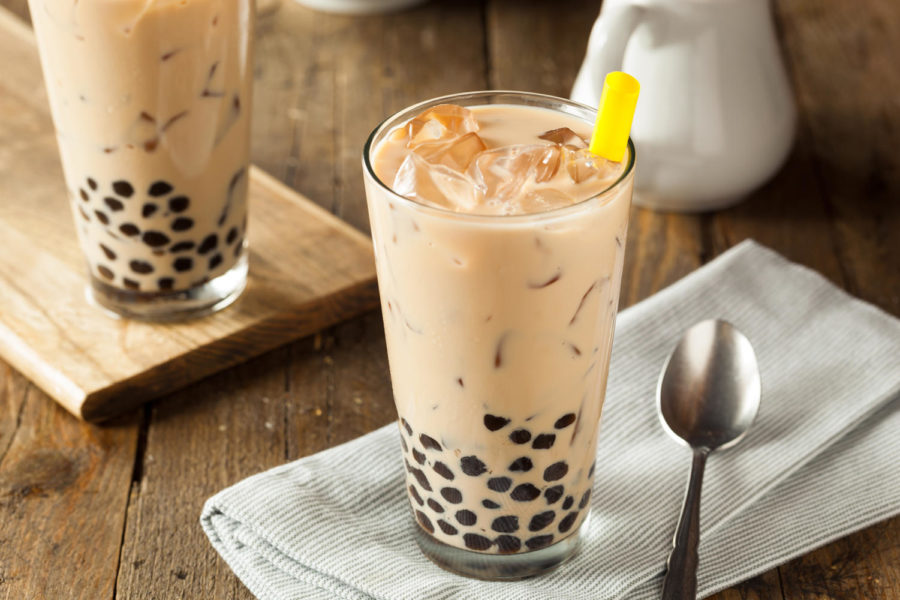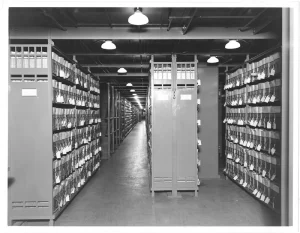Predicted Boba Shortage This Summer
June 4, 2021
Throughout quarantine and the pandemic, we’ve been subject to numerous cases in which events and even goods have become limited in public accessibility. Businesses have been shut down, events have been cancelled or adapted over Zoom, and countless goods have run in high demand, including toilet paper and safety gear. Although our world today has resumed a near normal routine in some places, the lingering effects of pandemic continue to drive high-demand products into shortages. Among these products is boba, used in bubble tea beverages.
Boba, pearl-shaped toppings made from tapioca, hallmark delicious bubble teas. According to Food & Wine’s breakdown of bubble tea’s origins, it was first created when the popular Taiwanese milk tea was combined with shaved ice and boba, which were common desserts. Since it’s initial creation, bubble tea culture continued to evolve in Taiwan as stall owners began to experiment with fruit powders and syrups, as well as various other topping choices, to conceive the familiar beverage we know and love today. Since its emergence in the late ’80s, bubble tea has become vastly popular, and its popularity has only continued to climb since the start of the pandemic.
Now, we are facing a boba shortage as shortages in dock workers have delayed shipments from Asia, according to National Public Radio. “There’s been a huge influx of containers coming from overseas due to e-commerce, just due to the consumer spending, and unfortunately, there’s not enough people to assist in getting these containers out of the vessel,” Oliver Yoon, vice president of sales and global marketing for the supplier Boba Direct, said in an interview with NPR. This then led to backlogs in shipments of boba ingredients and failures in the production. Until these shipments can be processed and facilitated, the prospects of facing a boba shortage appear more and more likely this coming summer.
Coinciding with delays in shipping and shipment processing, demand for boba and boba-related products has also increased dramatically. According to News Break, Yelp announced that bubble tea ranked as the most popular food delivery item in California since the start of the pandemic. Trends in boba popularity have surged throughout quarantine, as many have looked to purchasing bubble tea beverages as “cheap fun,” according to Aaron Qian, owner of Tea Hut in the Bay Area, in an interview with the New York Times, as many other means of entertainment have shut down.
For many boba-lovers, this outlook is especially devastating. “I’m honestly a little scared of this boba shortage,” Skyler Salk (’23) said. “Bubble tea has become a regular in my diet and I was excited for the summer because I feel like it’s the perfect drink for the hot weather. But now hearing that there might not be enough boba to satisfy my needs this summer? I don’t know how I’ll go on.” As many have become more accustomed to visiting bubble tea shops on a regular basis (I know I have), this change may foresee a disappointing summer.
“If there was a potential boba storage, I would feel really frustrated and sad because it is one of my favorite delicacies and it is a great drink to get with friends,” Ryan Kim (’23) said. “It really opens many people up to a new type of taste and experience, and if people had to go without it it would be pretty rough.”
Although we will greatly miss the days of an abundance of boba, and the severity of this shortage is yet to be measured, there are still many boba-free bubble tea options that are just as delicious and open to experimentation. There are plenty of alternative toppings, including popping boba, lychee jelly, fruits, aloe, puddings, red bean pastes, and more, that are all worth trying.

















































































































































